Company Directory - University of Michigan
Company Details - University of Michigan
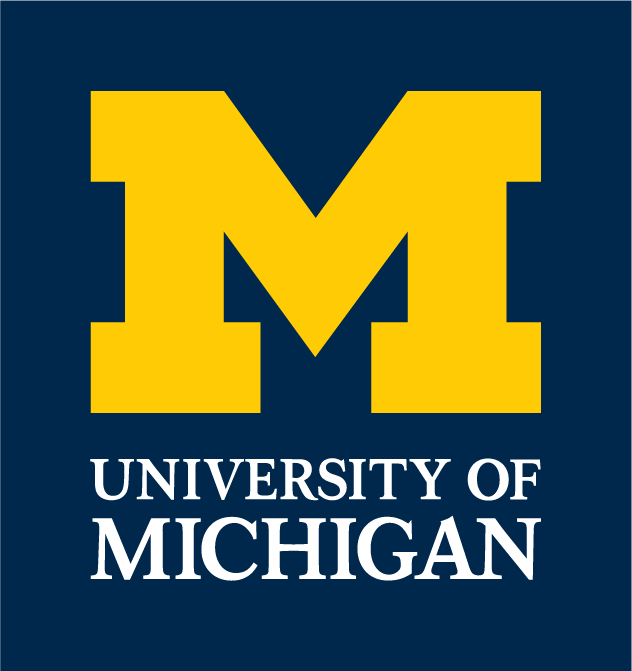
University of Michigan
WebsiteAnn Arbor, USA
University of Michigan is a public research university located in Ann Arbor, Michigan, known for its academic excellence, extensive research initiatives, and competitive athletic programs.
CCI Score
CCI Score: University of Michigan
-3.03
-0.12%
Latest Event
University of Michigan Closes DEI Offices Amid Trump Administration Pressure
The University of Michigan announced the closure of its Diversity, Equity, and Inclusion (DEI) office in response to executive orders from President Donald Trump and associated funding uncertainties. The decision reassigns DEI functions to other departments, potentially reducing dedicated support for marginalized communities.
Take Action
So what can you do? It's time to make tough choices. Where will you cast your vote?
- Shop Alternatives
SEE ALL - Use Your Voice
OTHER TOOLS - Investigate
- Share the Score
SUPPORT CCI
BYSTANDER
University of Michigan is currently rated as a Bystander.
Latest Events
 MAR282025
MAR282025The University of Michigan announced the closure of its Diversity, Equity, and Inclusion (DEI) office in response to executive orders from President Donald Trump and associated funding uncertainties. The decision reassigns DEI functions to other departments, potentially reducing dedicated support for marginalized communities.
 MAR212025
MAR212025Following a recommendation by a faculty working group, the University of Michigan eliminated its standalone DEI statement requirement for faculty hiring. This policy change, which shifts DEI discussions into broader application materials, raises concerns about diminishing the institution's commitment to diversity and inclusion, potentially undermining efforts to address systemic inequities in academia.
 FEB142025
FEB142025The University of Michigan Board of Regents has reportedly asked deans to compile lists of employees involved in DEI work, a tactic that echoes McCarthy-era practices. Faculty members have expressed concerns over potential political repression and a chilling effect on academic freedom.
 JAN202025
JAN202025Nurses at University of Michigan Health-Sparrow Hospital in Lansing have planned a strike amid allegations of unfair labor practices and anti-union behavior, highlighting labor disputes and potential violations of workers' rights.
-70
Labor Relations and Human Rights Practices
January 20
The incident involves allegations of unfair labor practices and anti-union behavior by the management at University of Michigan Health-Sparrow Hospital, which undermines workers' rights and fair labor practices. Such actions contribute to authoritarian tendencies by suppressing worker dissent and limiting collective bargaining, making the institution complicit in practices that align with far-right, authoritarian approaches to labor relations.
UM Health-Sparrow nurses in Lansing to strike; union alleges unfair labor practices
 JAN012025
JAN012025The University of Michigan Board of Regents resolved to shift from a state-supervised election for labor union recognition to a card check process. This change is seen as supportive of labor rights by streamlining collective bargaining and decreasing bureaucratic obstacles, thereby empowering workers.
+70
Labor Relations and Human Rights Practices
March 21
The decision to adopt a card check system for union recognition is regarded as a positive move for labor rights, as it facilitates easier union formation and collective bargaining without the delays of state-supervised elections. This supports the ethical treatment of workers and aligns with anti-authoritarian practices that oppose top-down control over labor organization.
 DEC122024
DEC122024The University of Michigan’s Ford School released a policy brief analysing the impact of surveillance technologies—such as cameras integrated with biometric systems—in public housing. The study criticizes how these systems over-surveil residents while failing to protect them, contributing to increased evictions and deeper entanglement with the criminal justice system. This research acts as an important counter to authoritarian practices by exposing the misuse of repressive technologies.
+80
Provision of Repressive Technologies
March 21
By publishing a policy brief that critically examines the deployment of surveillance technologies in public housing, the University of Michigan is taking a stance against practices that can foster authoritarian control. Their research highlights that these technologies, including facial recognition and AI-driven monitoring, contribute to the criminalization and displacement of vulnerable communities rather than effectively deterring crime. This proactive academic inquiry helps inform public debate on repressive technologies and supports anti-authoritarian efforts.
Surveillance Technology in Public Housing Over-surveils but Under-protects
 NOV082024
NOV082024The University of Michigan Faculty Senate overwhelmingly voted to censure the university’s board of regents for their repressive, authoritarian response to anti-Israel protests, including excessive police action and repressive measures that suppressed free speech and student activism. This decisive move highlights internal resistance to authoritarian practices within the institution.
+80
Public and Political Behavior
March 21
The faculty senate’s move to censure the regents is a strong demonstration of democratic oversight against authoritarian behavior within the institution. By publicly denouncing repressive practices such as unwarranted police actions, increased surveillance, and punitive measures against protestors, the university community shows a commitment to shared governance and political accountability.
+75
Business Practices and Ethical Responsibility
March 21
The repressive actions taken by regents, as highlighted by the faculty senate, demonstrated significant ethical and human rights concerns. The strong condemnation of these practices underscores the commitment to upholding free speech, civil rights, and fair treatment within the institution, marking a positive corrective measure by internal governance.
 NOV072024
NOV072024Faculty at the University of Michigan are pushing to censure regents over autocratic policy changes that limit free speech and protest rights, accusing them of a dramatic authoritarian turn that undermines democratic values on campus.
 NOV042024
NOV042024Faculty at the University of Michigan cast a historic vote to censure the Board of Regents for engaging in authoritarian practices, including repressive surveillance, police violence, and failure to uphold shared governance.
-60
Public and Political Behavior
March 21
The event highlights a marked authoritarian governance style by the UM board of regents. Faculty criticism underscores regents' dismissal of shared governance and aggressive suppression of dissent, reflecting troubling political leadership in a public institution.
University Of Michigan Faculty Vote To Censure Board Of Regents
-80
Labor Relations and Human Rights Practices
March 21
The censure motion reflects significant concerns over labor relations and human rights practices, with faculty and staff subjected to heightened surveillance, intimidation, and repressive measures that undermine fair treatment and shared governance.
University Of Michigan Faculty Vote To Censure Board Of Regents
-70
Provision of Repressive Technologies
March 21
The event documents the use of repressive technologies such as increased surveillance and aggressive policing measures, including chemical irritants and physical intimidation, to suppress dissent, indicating troubling deployment of such technologies.
University Of Michigan Faculty Vote To Censure Board Of Regents
-40
Regulatory Capture
March 21
The structural use of power by the Board of Regents, such as unconsulted policy changes and the enforcement of repressive measures, suggests elements of regulatory capture that undermine democratic oversight and institutional accountability.
University Of Michigan Faculty Vote To Censure Board Of Regents
 AUG202024
AUG202024The University of Michigan administration has implemented sweeping policy changes that undermine democratic rights on campus by curtailing due process, free speech, and protest activities, reflecting an authoritarian shift in governance.
-80
Public and Political Behavior
March 21
The university administration's unilateral revision of policies—eliminating established avenues for due process and free speech while empowering select officials to curtail protest—exemplifies a disturbing trend of executive overreach. This authoritarian approach severely undermines democratic engagement on campus.
University of Michigan institutes authoritarian attacks on due process and free speech rights
-75
Business Practices and Ethical Responsibility
March 21
The removal of fair hearing procedures, firing of student protesters, and rescinding of awards for pro-Palestinian activism illustrates a broader disregard for human rights and fair treatment. These practices raise serious ethical concerns about the university's commitment to a transparent and just academic environment.
University of Michigan institutes authoritarian attacks on due process and free speech rights
 JUN242024
JUN242024University of Michigan released a detailed memo analyzing the deployment of robotic dog technology by law enforcement. The memo critically examines the ethical and civil liberties concerns associated with repressive surveillance technologies and offers policy recommendations to mitigate authoritarian misuse.
+75
Provision of Repressive Technologies
March 21
The University of Michigan's research provides an important critique of using robotic dogs for surveillance and policing, a technology that could be misused for authoritarian control. By offering policy recommendations aimed at responsible oversight, the memo aligns with anti-fascist values, thereby positively influencing the public discourse on repressive technologies.
Robot Dogs for Surveillance and Policing: Overview and Policy Recommendations
 AUG252023
AUG252023The University of Michigan reached a new three‐year contract agreement with the Graduate Employees’ Organization (GEO) following a union strike. While the settlement includes salary increases, bonuses, and improved benefits for GEO members, the university also undertook actions such as filing unfair labor practice charges, threatening to withhold pay, and legally challenging strike actions—measures that have raised concerns among labor rights advocates regarding its commitment to worker rights.
-50
Labor Relations and Human Rights Practices
March 21
Although the contract settlement provided improved benefits for GEO members, the University of Michigan's simultaneous use of punitive actions—such as filing unfair labor practice charges, threatening disciplinary measures for strike participation, and withholding pay—suggests a disregard for supporting robust collective bargaining rights. This approach is seen by anti-fascist and labor rights activists as contributing to a climate that undermines workers’ rights, an essential bulwark against authoritarian practices.
 JUN082023
JUN082023The University of Michigan reached a settlement with the Graduate Employees’ Organization to resolve multiple unfair labor practice complaints amid contentious contract negotiations, raising concerns about its commitment to fair labor practices.
-20
Labor Relations and Human Rights Practices
March 21
The settlement, while concluding prolonged labor disputes, came after accusations that the University engaged in legal maneuvers to sidestep genuine negotiations with its graduate workers. This approach, viewed through an anti-fascist and pro-labor lens, signals shortcomings in upholding fair labor relations and protecting workers' rights.
 JAN012023
JAN012023Michigan Engineering researchers have developed a tool that bypasses internet censorship, promoting free expression and countering authoritarian digital control.
+80
Technology and Services Impact
March 21
The technology developed by University of Michigan researchers effectively circumvents restrictive website blocking measures, thereby supporting free speech and opposing authoritarian censorship practices. This positive initiative reinforces democratic values by enabling open access to information.
New tool combats evolving internet censorship methods – Michigan Engineering
 JUL012021
JUL012021The University of Michigan research report titled 'Cameras in the Classroom: Facial Recognition Technology in Schools' critically examines the deployment of facial recognition technology in educational settings. The report highlights the potential for exacerbating racial biases, privacy erosion, and unwarranted surveillance of students, particularly among vulnerable populations, and strongly recommends a ban on the use of such technology in schools.
+80
Public and Political Behavior
March 21
The report engages in Public and Political Behavior by advocating for a moratorium on facial recognition technology in schools, framing the debate in terms of protecting civil liberties and opposing authoritarian surveillance measures. This proactive policy recommendation reflects a strong commitment to resisting technology-enabled repression and safeguarding democratic practices.
Cameras in the Classroom: Facial Recognition Technology in Schools
+70
Technology and Services Impact
March 21
In the report, the University of Michigan critically evaluates the implications of repressive technologies, specifically facial recognition, in educational environments. By highlighting risks such as surveillance normalization and racial bias, the University positions itself against the use of technology that could be exploited for authoritarian purposes, promoting ethical use and regulation of technology.
Cameras in the Classroom: Facial Recognition Technology in Schools
Alternatives
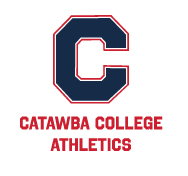
Salisbury, USA
57.73
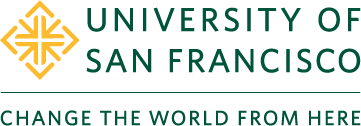
San Francisco, USA
14.17
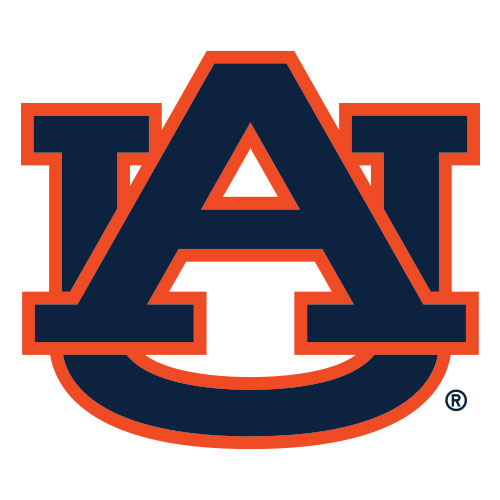
Auburn, USA
4.18

Bowling Green, USA
3.06

College Station, USA
-24.54
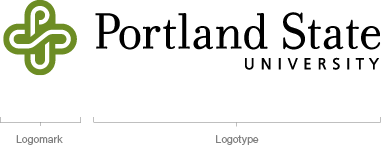
Portland, USA
-25.06
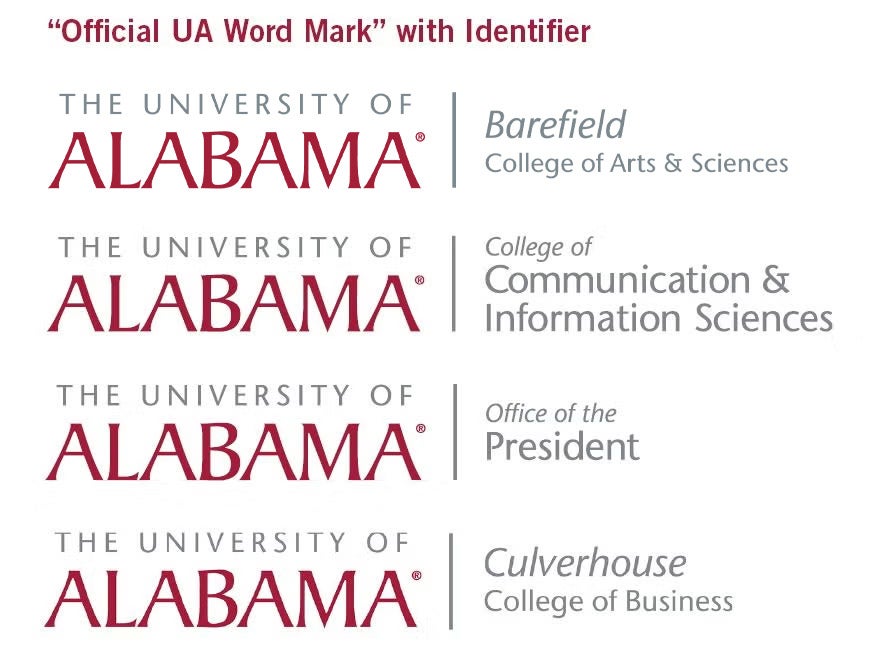
Tuscaloosa, USA
-39.49

India
64.61
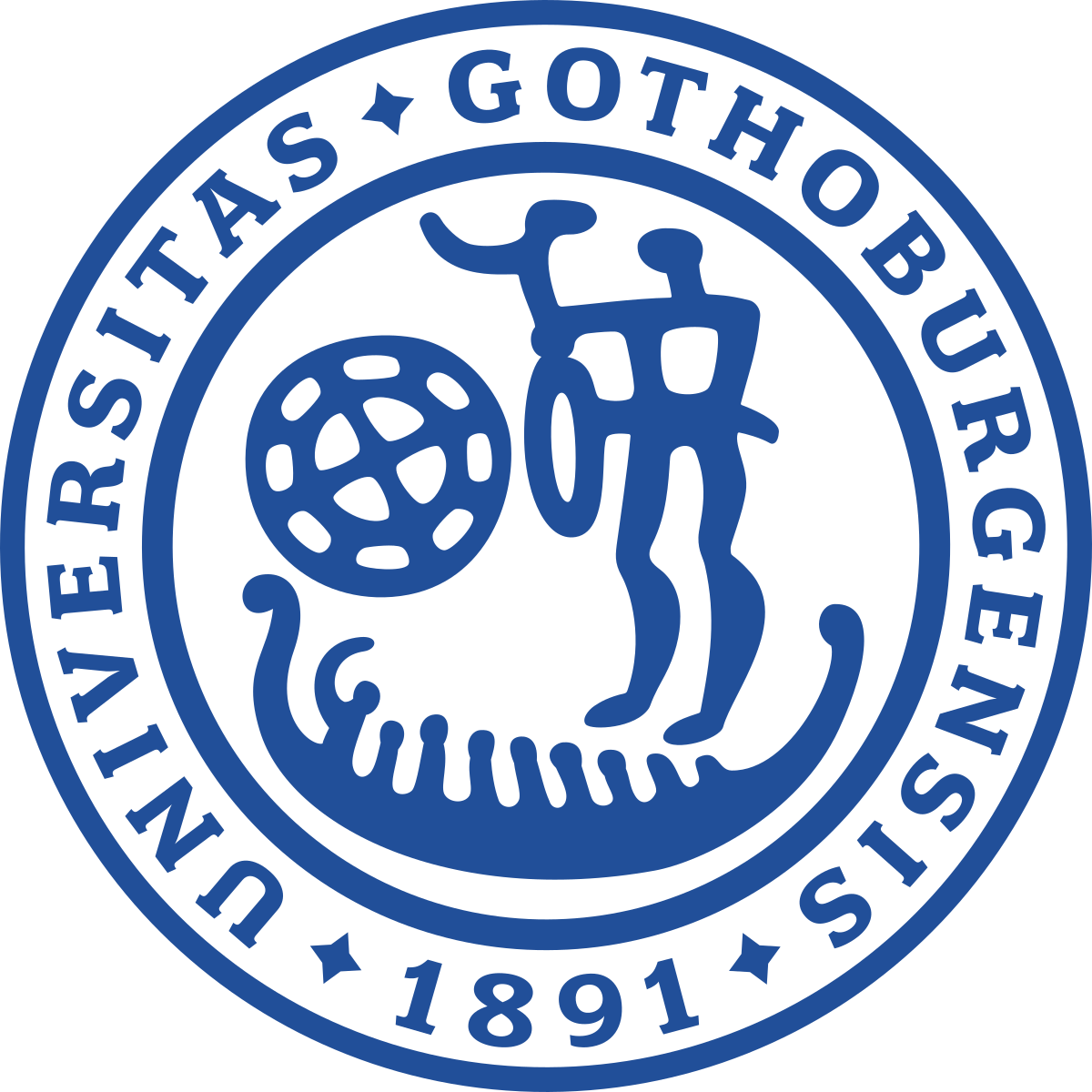
Gothenburg, Sweden
64.41

Hyderabad, India
62.52
Industries
- 611210
- Junior Colleges
- 611310
- Colleges, Universities, and Professional Schools
- 611699
- All Other Miscellaneous Schools and Instruction